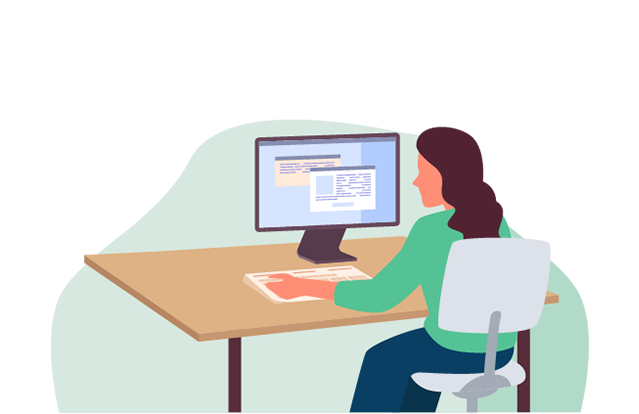
How to cope with traumatic events like the COVID-19 pandemic
The coronavirus pandemic has come as a huge jolt to many of us. Within the space of a few weeks, we went from a state of relative normality to being in lockdown, with almost every aspect of our everyday lives overturned. It didn't help that supermarket shelves looked like something from an apocalypse movie, and the news played scenes of tragedy around the clock.
It's been bad enough, in other words, even if you haven't been exposed to the virus personally. And for those who have been ill or lost a loved one, the potential for traumatic stress is even greater. The same applies to those working on the frontline of the NHS, those who have lost their livelihoods, or those grappling with any number of other personal hardships.
As psychotherapist Noel McDermott explains, trauma can be defined as anything that overwhelms a person's ability to cope.
"Trauma causes feelings of helplessness, and diminishes your sense of self and your ability to feel the full range of emotions," he says. "Everyone has a different reaction to trauma, so you might notice any effects quickly, or not for a long time afterwards."
What traumatic stress involves
What counts as trauma is very personal, meaning two people could experience the same circumstances and respond quite differently. However, traumatic experiences often involve a threat to life or safety (including emotional safety). They might take the form of a single distressing event, such as the sudden loss of a loved one. Or they might be marked by a period of unrelenting stress - for example, working in the NHS and not being able to access PPE.
After a traumatic event (or events) takes place, it is normal to experience trouble sleeping, to show symptoms of anxiety or depression, or to have difficulties re-adjusting to day-to-day life.
"These responses indicate the individual is processing the event and usually this passes after a few weeks," says McDermott. "In most case the trauma symptoms subside significantly after two weeks with possibly some much less intense symptoms staying for up to a month."
Unfortunately, in some cases the initial traumatic stress can develop into post-traumatic stress disorder (PTSD). In these cases, you may find yourself unable to move on, with your nervous system stuck in a state of hypervigilance.
"If your symptoms last over a month, you might be suffering from PTSD," says Dr Elena Touroni, a consultant psychologist and co-founder/co-CEO of My Online Therapy. "While the symptoms of PTSD might be extremely distressing, they are, in fact, a form of protection. They are your body's way of trying to keep you alert and 'safe' from that threat happening again."
How to know when it's PTSD
Some common symptoms of PTSD include flashbacks, nightmares and intrusive thoughts relating to the trauma itself. You might also experience sleeping difficulties, problems concentrating and a racing heart.
"You might also avoid situations or people that remind you of what happened, or you may experience heightened reactions to loud or unexpected noises or movements," says Dr Touroni.
It isn't always clear why some people develop PTSD and others don't. One review of the evidence, which looked at people who'd been exposed to trauma, found that 17% met the clinical criteria for PTSD a year after the event. In general, repeated and long-term exposure to trauma will increase the likelihood of developing PTSD, as will exposure at an early age. The severity of the traumatic event is also a factor.
How to help yourself
While not all of these factors lie within our control, there are still a few ways we can help ourselves and reduce the risk of developing PTSD. It all begins with insight and understanding: accepting the trauma symptoms, and the ways they help us heal, rather than running away from them.
"Don't fight the healing by self-medication through drink and drugs," says McDermott. "Engage in positive self-care when in traumatic situations - eat properly, rest and sleep, hydrate, exercise, ensure you do things that you enjoy, engage with nature. Thirdly, talk to people about what is happening to you. This has a number of benefits as it always helps to share the load - we normalise through sharing with others, and social support is the biggest factor in developing resilience to life's challenges."